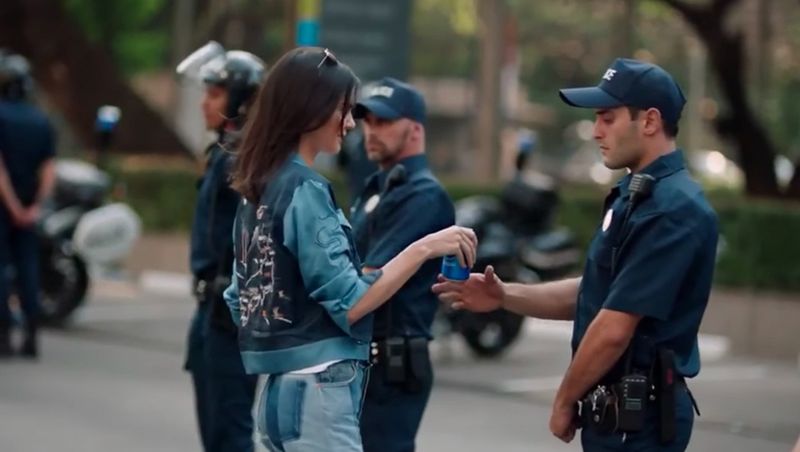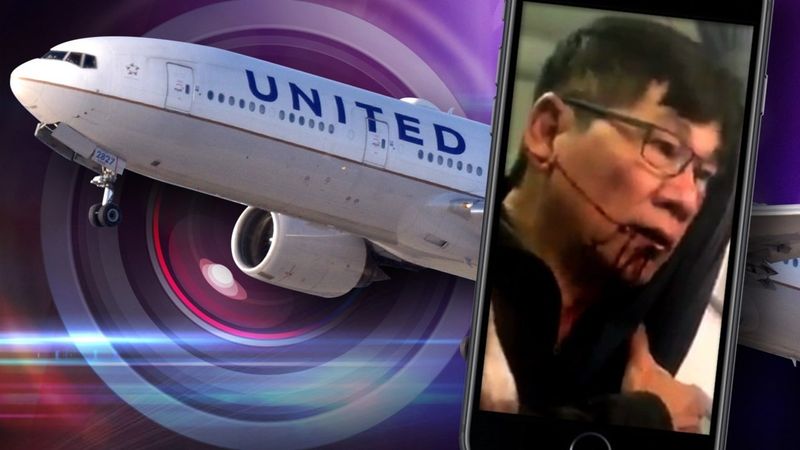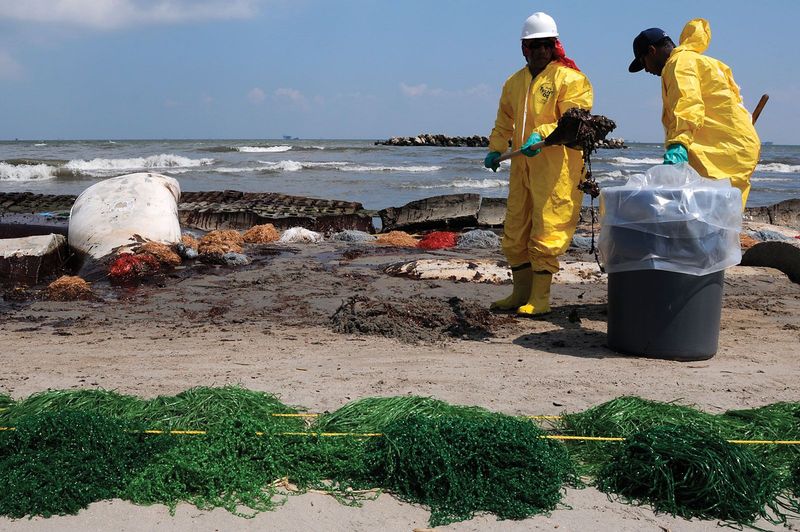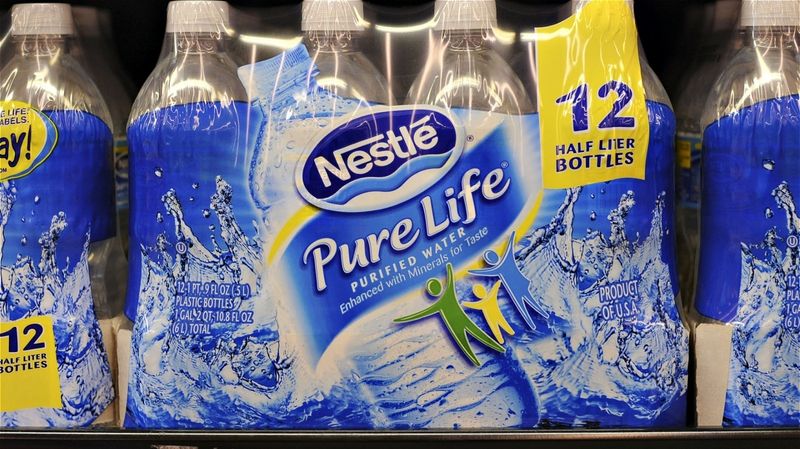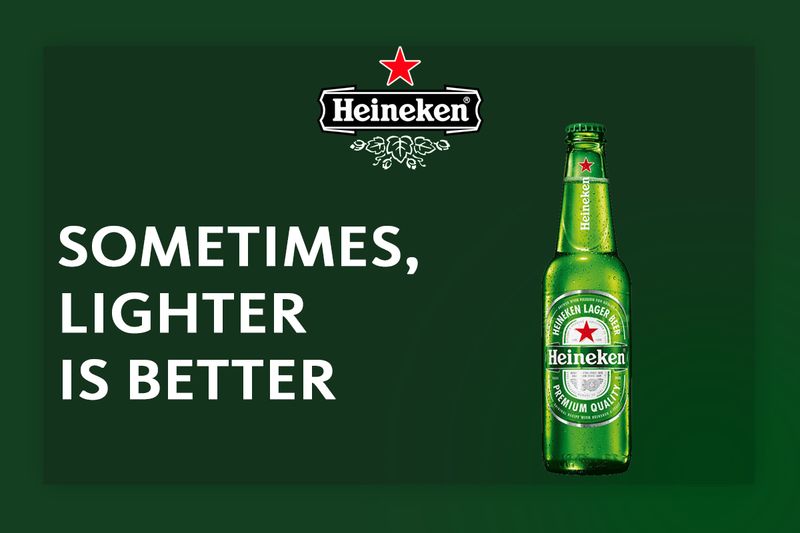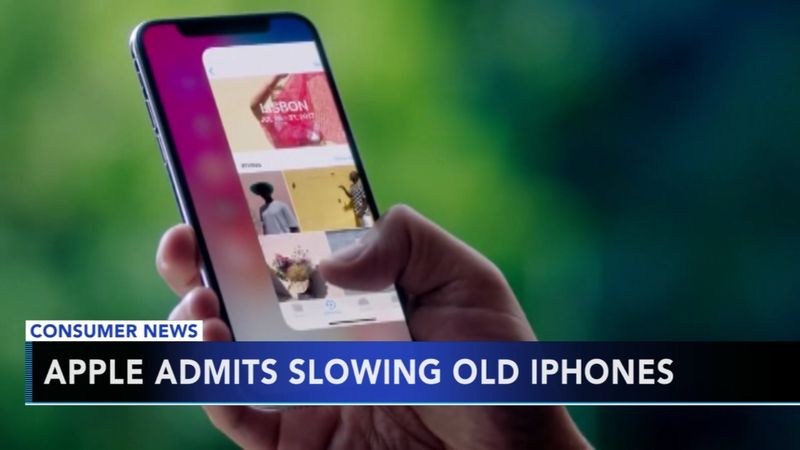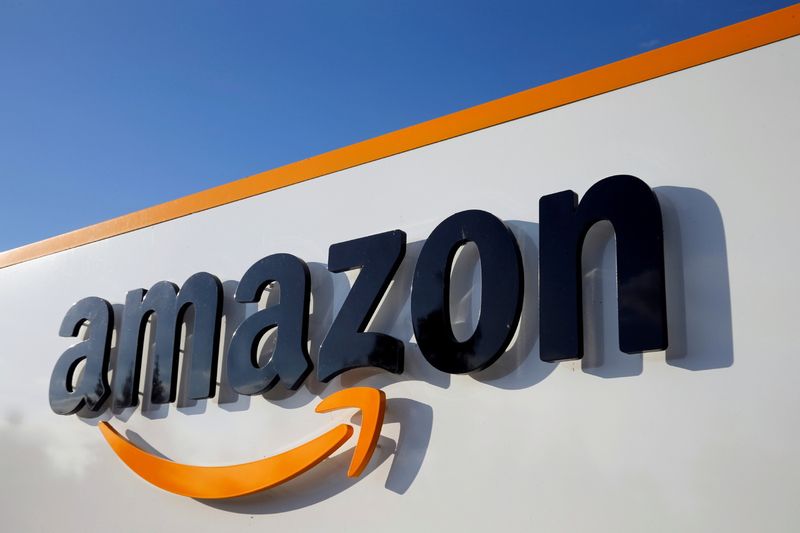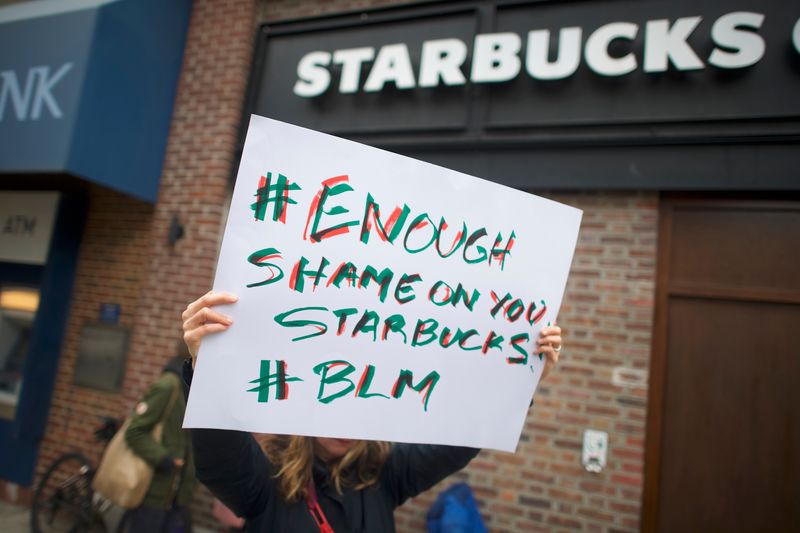Public relations disasters can be incredibly damaging for companies and individuals alike, often leading to a loss of trust and credibility.
In the digital age, these blunders can spread like wildfire, reaching a global audience almost instantaneously.
Here, we delve into 15 of the most astonishing PR disasters that captured the public’s attention and went viral, providing both cautionary tales and lessons in damage control.
1. Pepsi’s Tone-Deaf Protest Ad
In 2017, Pepsi released an ad featuring Kendall Jenner stepping away from a photoshoot to join a protest march. The ad was immediately criticized for trivializing social justice movements by suggesting that a soda could bring about peace.
This commercial was seen as tone-deaf and insensitive, sparking outrage across social media platforms. Pepsi quickly pulled the ad and issued an apology, acknowledging their mistake.
The incident serves as a stark reminder of the importance of sensitivity and awareness in advertising. Brands must ensure that their marketing messages do not undermine or trivialize serious issues.
2. United Airlines Dragging Incident
In April 2017, United Airlines faced a PR nightmare when a video surfaced showing a passenger being forcibly dragged off a plane. The passenger, a 69-year-old doctor, was removed to make room for airline staff, sparking public outrage.
The airline’s initial response, which appeared to justify the action, only fueled the backlash. This incident highlighted the importance of customer service and crisis management.
Companies must prioritize customer care and promptly address any mishandling with genuine empathy. United’s delayed and inadequate response serves as a lesson in effective communication during crises.
3. Dove’s Racially Insensitive Ad
Dove faced significant backlash in 2017 for an ad perceived as racially insensitive. The online campaign featured a black woman removing her shirt to reveal a white woman underneath, implying racial transformation.
Despite Dove’s intent to promote diversity, the ad was widely criticized for reinforcing racial stereotypes. This incident underscores the need for brands to thoroughly vet their campaigns for potential misinterpretations.
Diversity in marketing must be handled with care and understanding, as missteps can lead to damaging perceptions and loss of consumer trust.
4. H&M’s “Coolest Monkey” Hoodie
In early 2018, H&M faced severe criticism for an online ad featuring a black child wearing a hoodie with the text “Coolest Monkey in the Jungle.” The ad was deemed racially insensitive and sparked a widespread boycott.
Public figures and celebrities expressed their outrage, leading H&M to issue an apology and remove the ad. The incident highlights the critical importance of cultural sensitivity and awareness in advertising.
Companies must ensure that their marketing materials are reviewed thoroughly to prevent offensive or culturally insensitive content. This serves as a reminder of the power of imagery and messaging.
5. Samsung’s Exploding Phones
Samsung’s 2016 launch of the Galaxy Note 7 turned disastrous when reports of the phones catching fire emerged. Safety concerns led to a global recall, severely damaging Samsung’s reputation and financial standing.
The crisis was exacerbated by initial communication failures and inadequate responses. Samsung’s handling of the situation highlighted the importance of prompt and transparent communication in crisis management.
Companies must take swift action to reassess and resolve product safety issues while maintaining clear communication with consumers. This disaster serves as a reminder of the potential hazards in product development and the need for rigorous safety checks.
6. BP’s Oil Spill Response
The 2010 Deepwater Horizon oil spill was not only an environmental catastrophe but also a PR disaster for BP. The company’s inadequate response and perceived lack of accountability further fueled public anger.
BP’s CEO made comments that appeared dismissive, exacerbating the situation. This incident underscores the importance of responsible communication and accountability in crisis scenarios.
Companies must prioritize transparency and take justifiable actions to mitigate damage. BP’s response serves as a cautionary tale about the long-term repercussions of mismanaged public communication in the face of environmental and human crises.
7. Volkswagen Emissions Scandal
Volkswagen faced a massive scandal in 2015 when it was revealed they had installed software to cheat emissions tests. This deception affected millions of vehicles worldwide, leading to a significant loss of trust and hefty fines.
The scandal highlighted the critical importance of corporate integrity and transparency. Volkswagen’s initial denial and delayed response only worsened the public’s perception.
This PR disaster serves as a stark reminder of the potential consequences of unethical business practices. Companies must prioritize honesty and adhere to regulatory standards to maintain consumer trust and avoid severe repercussions.
8. Nestlé’s Water Crisis Comments
Nestlé’s CEO faced backlash after comments about water not being a human right resurfaced. The remarks, seen as tone-deaf during global water scarcity concerns, led to public outcry and calls for boycotts.
This incident highlights the importance of sensitive and responsible corporate communication. Companies must be attuned to global issues and ensure their statements reflect awareness and empathy.
Nestlé’s experience serves as a lesson in maintaining a positive corporate image through careful and considerate public interactions. Misinformed or insensitive statements can lead to significant damage to a brand’s reputation.
9. Gillette’s Controversial “Toxic Masculinity” Ad
In 2019, Gillette released an ad addressing toxic masculinity, sparking both praise and backlash. The ad challenged traditional notions of masculinity, urging men to be better role models.
While some appreciated the progressive message, others felt it alienated their customer base by criticizing masculine stereotypes. The mixed reactions underscore the risk of polarizing content in advertising.
Brands must balance bold messaging with audience sensitivity to avoid alienating consumers.
Gillette’s ad serves as an example of the fine line companies walk when engaging in social issues, demonstrating the potential for both positive and negative impacts.
10. Heineken’s “Sometimes Lighter is Better” Ad
Heineken faced backlash for an ad with the tagline “Sometimes Lighter is Better,” perceived as racially insensitive. The ad showed a bartender sliding a beer past people of color to a lighter-skinned woman.
Critics accused the brand of endorsing colorism, forcing Heineken to withdraw the ad and apologize. This incident highlights the critical importance of cultural sensitivity in advertising.
Brands must ensure their content is free from implicit biases and reflects diversity positively. Heineken’s experience serves as a cautionary tale about the potential repercussions of careless messaging in global advertising.
11. Apple’s Slowing Down Older iPhones
Apple faced a PR crisis when it was revealed that they intentionally slowed down older iPhone models. The explanation was to preserve battery life, but many consumers felt deceived, suspecting planned obsolescence.
This controversy sparked class-action lawsuits and forced Apple to offer battery replacements at reduced costs. The incident underscores the importance of transparency and customer communication.
Companies must clearly inform consumers about changes affecting product performance. Apple’s mishandling of the situation led to mistrust, highlighting the need for open dialogue and customer-focused solutions in tech industry practices.
12. Amazon’s Tax Avoidance Criticism
Amazon has faced ongoing criticism for its tax practices, with reports highlighting minimal tax contributions despite massive profits. Public scrutiny intensified as many considered these practices unfair to smaller businesses and taxpayers.
The controversy emphasizes the importance of corporate social responsibility. Companies must be transparent about their financial practices and contribute fairly to the communities they operate in.
Amazon’s experience highlights the potential reputational damage from perceived tax avoidance, urging corporations to engage in ethical business operations. Ensuring fair financial practices is essential for maintaining public trust and credibility.
13. Kendall Jenner’s Fyre Festival Promotion
Kendall Jenner faced backlash for promoting the infamous Fyre Festival, which turned out to be a disastrous event. Her involvement, along with other influencers, raised questions about accountability and transparency in influencer marketing.
The festival, promising luxury but delivering chaos, left attendees stranded without basic amenities. This incident highlights the importance of honest and responsible promotion.
Influencers and brands must ensure that their endorsements are genuine and well-researched.
The Fyre Festival debacle serves as a warning about the potential consequences of misleading marketing and the necessity for accountability in influencer collaborations.
14. Starbucks’ Racial Bias Incident
In 2018, Starbucks faced a PR crisis after two African American men were arrested at a Philadelphia store while waiting for a friend. The incident, captured on video, led to accusations of racial bias and nationwide protests.
Starbucks responded by closing all U.S. stores for a day to conduct racial bias training, demonstrating a commitment to change. This incident underscores the importance of addressing systemic issues within organizations.
Companies must foster inclusive environments and actively work to eliminate bias. Starbucks’ proactive response highlights the need for immediate and meaningful action in such situations.
15. Susan G. Komen’s Planned Parenthood Funding Cut
Susan G. Komen faced backlash after announcing plans to cut funding to Planned Parenthood. The decision was perceived as politically motivated, leading to public outrage and a swift reversal.
This situation emphasizes the importance of aligning organizational actions with core values and public expectations. Nonprofits must carefully consider the implications of funding decisions and maintain transparency to uphold trust.
The backlash serves as a reminder of the potential fallout from perceived political or ideological biases. Organizations must ensure consistency between their mission and actions to avoid alienating supporters and stakeholders.

